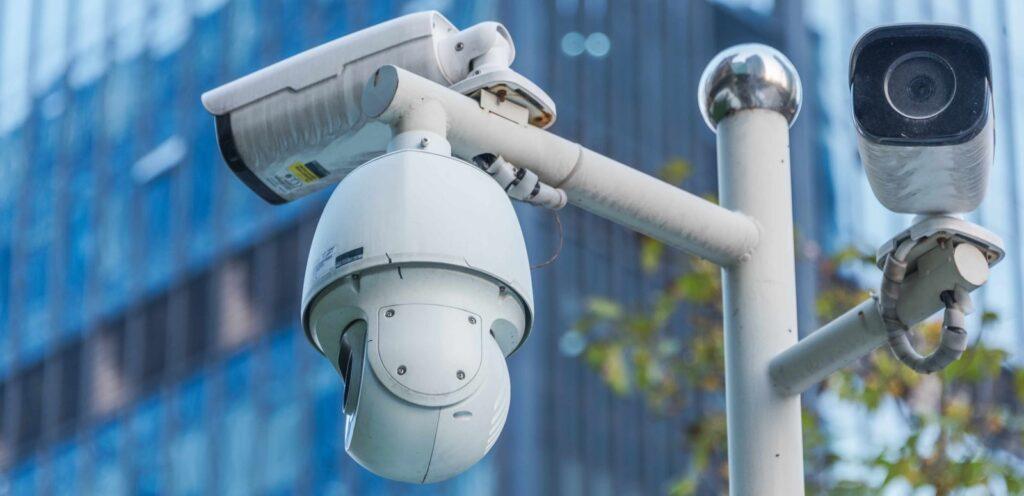In today’s rapidly evolving digital era, the realm of surveillance cameras has undergone a revolutionary transformation. No longer confined to the blurry, static-filled images of yesteryear, advanced surveillance cameras now offer a window into a world previously unseen, blending cutting-edge technology with sophisticated monitoring capabilities.
This comprehensive exploration delves into the hidden facets of these advanced systems, illuminating how they are reshaping security, privacy, and even ethical boundaries.
The Evolution of Surveillance Technology
Surveillance technology has progressed leaps and bounds from its primitive beginnings. Initially, cameras served merely as deterrents, their mere presence enough to discourage potential wrongdoers. However, as technology advanced, so did the capabilities of these cameras. Today, they are not just tools for recording but sophisticated devices capable of intelligent analysis and real-time feedback.
One of the most groundbreaking advancements in this field is the integration of artificial intelligence (AI) and machine learning. These technologies enable cameras to not only capture images but also analyze them. They can identify patterns, recognize faces, and even detect anomalies in behavior. This level of analysis was unthinkable a few decades ago but is now a reality in many urban centers and private facilities.
The Power of Real-Time Monitoring
The concept of real-time monitoring has revolutionized the way surveillance is conducted. Unlike traditional systems where footage was reviewed post-event, modern cameras offer the ability to monitor situations as they unfold. This real-time surveillance has far-reaching implications for security, allowing for immediate response to any incident.
In specific regions, such as Saskatoon, the implementation of “Live Video Monitoring Saskatoon” systems exemplifies this advanced capability. These systems enable continuous surveillance, ensuring that any unusual activity is detected and addressed promptly, thereby enhancing security measures significantly.
The Impact on Privacy and Ethics
While the benefits of advanced surveillance cameras are undeniable, they also raise significant privacy and ethical concerns. The ability of these cameras to capture and analyze vast amounts of data poses a potential threat to individual privacy. There’s a thin line between ensuring public safety and infringing upon personal freedoms, a line that is increasingly blurred in the age of advanced surveillance.
The debate around surveillance cameras often centers on the balance between security and privacy. While these cameras can deter crime and ensure public safety, the pervasive monitoring they enable can be seen as an intrusion into personal life. This dichotomy presents a complex ethical dilemma: how much surveillance is too much?
The Future of Advanced Surveillance Cameras
Looking ahead, the future of surveillance cameras is bound to be influenced by ongoing technological advancements. We can expect to see more sophisticated AI algorithms, higher resolution cameras, and even more seamless integration with other digital systems. The potential for facial recognition technology, predictive analytics, and automated security responses is immense, promising a future where surveillance cameras play an even more integral role in our daily lives.
However, with these advancements, the conversation around regulation and ethical use will also intensify. It will become increasingly crucial to establish clear guidelines and regulations to ensure that the use of advanced surveillance technology aligns with societal values and respects individual rights.
Conclusion
The unseen world of advanced surveillance cameras is a realm filled with technological wonders and ethical conundrums. As these cameras become more ingrained in our society, their impact on security, privacy, and ethics will continue to be a topic of intense debate. What is clear, however, is that the evolution of surveillance technology is not slowing down, and its role in shaping our future is undeniable. As we move forward, it is imperative that we navigate this path with a mindful balance between the benefits of advanced surveillance and the preservation of our fundamental rights.


